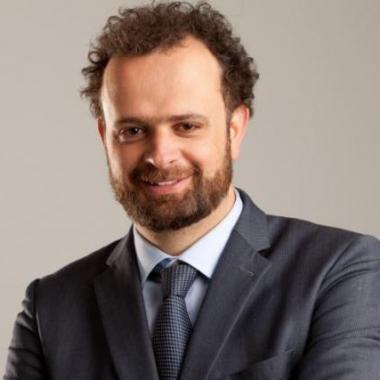One of the activities carried out by the professor is precisely the creation, together with the European Commission of which he is a member, of a code of conduct against disinformation that engages not only big tech, but society as a whole precisely because, as the Ukraine-Russia conflict in recent weeks has shown, propaganda and information are a real instrument of war.
And in this regard, he says that it is crucial 'to have a single code, where the needs of the public and the private sector are brought together to regulate them and for both sides to follow. This can be one of the important answers to prevent war phenomena and the lack of a sustainable culture'.
 Oreste Pollicino, Professor of Constitutional Law and Media Law at Bocconi University
Oreste Pollicino, Professor of Constitutional Law and Media Law at Bocconi University


/original/BG4SDGS+Talks+%281%29.png)

